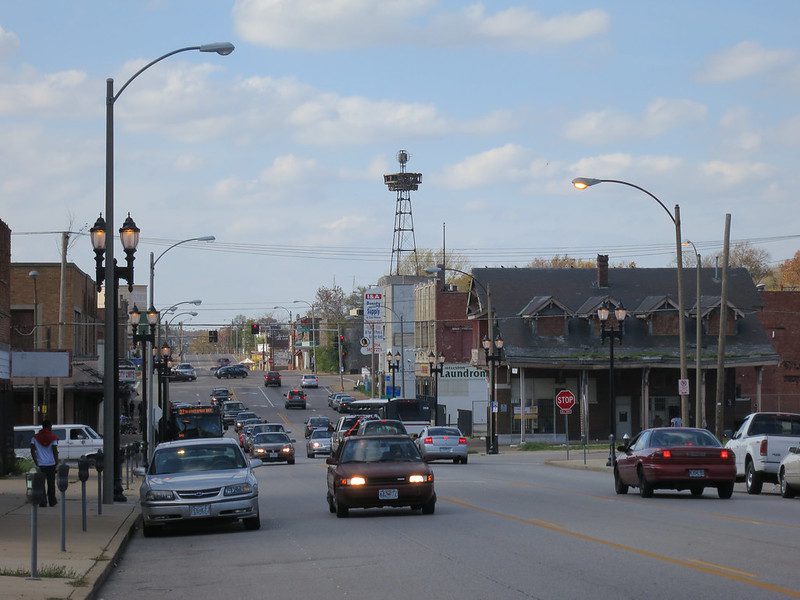Organizational Capacity and Resources
Deep and broad infrastructure — relationships, active locals, organizers, effective leaders, allies, and funding — produce organizational capacity. Adequate resources are critical. PICO, Gamaliel, and the IAF have different organizational capacities available for national organizing.
PICO Network staff had long wanted to be active nationally, and after 2000 they felt ready to start bringing leaders together in Washington, D.C. PICO’s director, Scott Reed, explains, “Devolution for years allowed us to pay attention to local remedies because there were local resources to respond.” But federal budget cuts and the economic recession of 2000, when monies from Washington to the states dried up, made targeting states rather pointless. To win locally now might require organizing nationally. The first national gathering of PICO leaders in 2002 developed into PICO’s national New Voices Campaign. At first, seasoned leaders from PICO locals met several times a year in Washington to build relationships, compare issues, and visit elected representatives. Its first national campaign was federal funding for S-CHIP (children’s health care funding), which President Obama signed. Obama’s election opened the window of opportunity for all community organizations. By then, PICO New Voices had united around the goal of national health care reform and allied itself with major reform advocates including the SEIU, AARP, the American Cancer Society, and Community Catalyst, which has coordinated state-based health care advocacy groups for over a decade.
To ensure a continuous national presence, PICO opened a national office next to the Capitol and added four full-time Washington staff and ten more national staff to its 150 organizers. These include directors of national policy, communications, and outreach to affiliates, plus a health care reform campaign director. PICO’s annual budget jumped from $18 million to $28 million. The New Voices leaders are now developing into a national steering committee and meeting every couple of months in Washington. Their health care reform tactics include regular lobbying of representatives by leaders, simultaneous events by PICO locals, radio ads, and telephone lobbying using a PICO automated phone number that tracks volume of calls and directs callers successively to their representative and senators. Having full-time national staff in Washington develops a presence, set of networks, and visibility for PICO that is usually reserved for single-issue interest groups.
Gamaliel’s local experience with transportation infrastructure positioned it to lead a national transportation policy lobby. In 2005, affiliates’ long working relationships with their national legislators paid off when they won the support of senators Christopher Bond (R-MO) and Barack Obama (D-IL). The senators championed the amendment that provided for low-income apprenticeships in transportation construction. On June 29, 2009, Gamaliel took a new step and brought 550 members to Washington. Members lobbied 80 legislators on health care, immigration reform, and jobs programs and protested the U.S. Chamber of Commerce’s investment of $100 million to block public health care. Gamaliel, however, does not yet have as much capacity (staff, budget, and number of long-lived locals with many experienced leaders) to establish the ongoing Washington presence that PICO has.




Comments